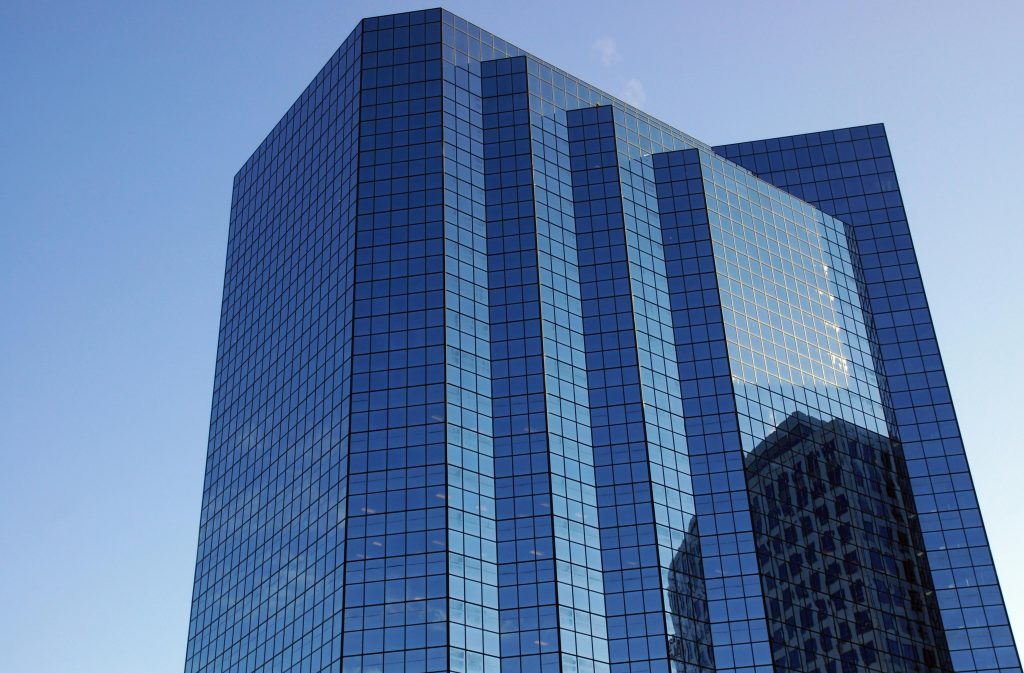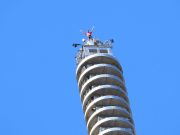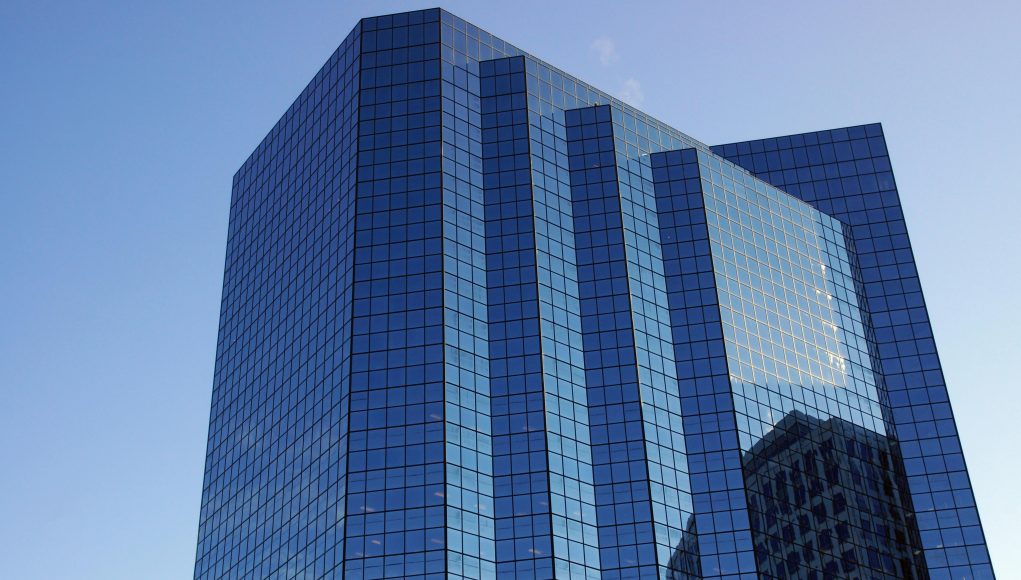
(Singapore, 29.09.2025)A cautionary tale for investors around the globe is unfolding in the heart of Bellevue, a bustling suburb just east of Seattle. The Australian Retirement Trust (ART), Australia’s second-largest pension fund, is facing a significant financial loss after a major real estate gamble on U.S. office space soured. The fund is now defaulting on a loan that once seemed a sure thing, tied to a pair of office towers that were, until recently, fully occupied by tech giant Microsoft.
The story serves as a stark reminder of the seismic shifts still rippling through the commercial real estate market, especially in the wake of the pandemic. The once-dependable world of office property has been shaken to its core by the rise of remote and hybrid work, leaving many buildings across the U.S. empty and their owners in a precarious position.
Back in early 2020, the Bravern office complex in Bellevue seemed like an ideal investment. Owned at the time by QSuper, which later merged to form ART, the two towers were a picture of stability, brimming with thousands of Microsoft employees. The property was a high-value asset, with debt filings showing it was worth a whopping $605 million just before its January 2020 purchase. To help fund the deal, the buyer took out a $304 million loan, which was then bundled and sold to other investors as commercial-mortgage-backed securities (CMBS).
For a pension fund looking to diversify its portfolio and tap into a booming overseas market, this seemed like a smart move. Australia’s retirement industry is a massive, fast-growing powerhouse, with roughly half of the biggest funds’ assets now located abroad. The Bravern complex, with a reliable tenant like Microsoft, was a prime example of the kind of stable, high-yield investment these funds were seeking.
The Reversal: Hybrid Work Empties the Towers
However, the world changed dramatically just weeks after the deal closed. The global pandemic upended traditional work models, and Microsoft, like many other companies, embraced a flexible, hybrid approach. Over the next few years, the tech giant began to consolidate its office space, a process that included a massive workforce reduction. This strategic shift meant Microsoft no longer needed the two large Bravern towers.
In August, Microsoft’s lease on the property expired, and the company chose not to renew. Suddenly, a bustling office complex with 750,000 square feet of space was completely empty. This move was part of a broader consolidation by Microsoft, which chose to move regional employees back to its redesigned campus in Redmond, Washington. The departure of a single, massive tenant was enough to push Bellevue’s office vacancy rate above 17% in the second quarter, a testament to the domino effect of major corporate decisions.
The Fallout: A $300 Million Investment Wiped Out
With no tenant and a vacant building, the value of the Bravern complex plummeted. Ratings service Morningstar DBRS reported in August that the property was now worth closer to $268 million—less than half of its 2020 valuation. This dramatic drop left ART in a no-win situation. The mortgage on the property has been transferred to a special servicer, a common step when a borrower is in danger of defaulting.
According to debt filings, ART has no plans to refinance the property, which is a clear sign that it will likely default on the loan. This means a likely foreclosure or a “distressed sale” at a steep discount, with the potential for financial losses extending to the bondholders who invested in the securitized loan. The impact on ART is devastating, with Bloomberg calculating that the fund’s roughly $300 million equity investment in the property has been effectively wiped out.
While the loss is just a tiny fraction of ART’s sprawling A$350 billion portfolio, it’s a very public and painful example of the risks involved in today’s volatile real estate market.
A Ghost Town: The Bravern Complex Today
A recent visit to the Bravern complex reveals the startling reality of the situation. The towers, which once teemed with employees, are now eerily quiet. In the lobby of Bravern Building One, the elevators are turned off. High-end restaurants that catered to the Microsoft crowd are now struggling. John Howie Steak, a top-tier steakhouse, was closed during lunchtime hours. Jiang Nan, a Chinese restaurant that just opened its first West Coast location in March, was nearly empty on a recent weekday afternoon.
The sight of empty restaurants and silent lobbies stands in stark contrast to the luxurious retail stores that surround the towers, including Gucci, Prada, and Hermes. The contrast highlights the unique challenges facing property owners in a market where the old rules no longer apply.
The Bravern complex is not an isolated case. Data from the Commercial Real Estate Finance Council shows that as of August, 16.9% of U.S. office CMBS deals were in special servicing—the highest of any property type. This widespread carnage underscores a difficult truth: for many property owners, a recovery in the office market simply hasn’t come fast enough.
For the Australian Retirement Trust, this investment has become a tough lesson. It serves as a stark reminder that even a seemingly solid investment with a top-tier tenant can be upended by forces beyond anyone’s control, from a global pandemic to the ever-evolving nature of work itself.





































